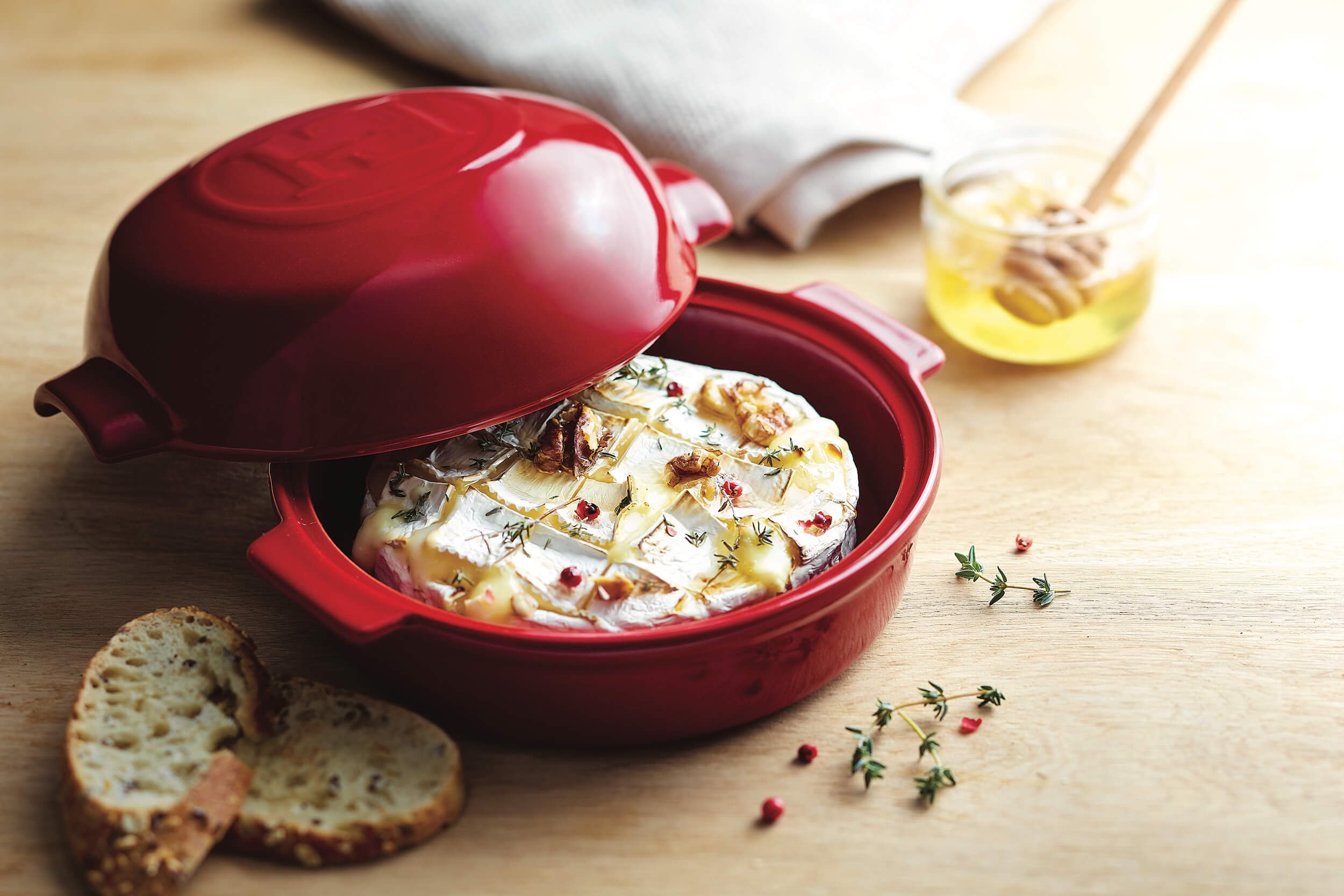Have you ever seen a product with the initials DOC or "denomination of origin" on the label and wondered what it was all about? I first encountered it when I was living it Italy, learning about wine. Countries in Europe set up regulatory bodies to insure the quality of certain products coming from specific regions. Champagne may be the most familiar wine with a denomination of origin designation but so are wines like Chianti (on Chianti look for the DOC paper label around the top of the bottle). Words like "champagne" and even "cava" are only allowed to be used by manufacturers who abide by certain conditions.
My sister Jeanne just sent me a spice that I was not only unfamiliar with, but also is DOC regulated--smoked paprika. Smoked paprika is the world's first pepper spice with a denomination of origin status. When you think of paprika you probably think of Hungary and dishes like goulash and deviled eggs. But smoked paprika is from from La Vera in Extremadura, western Spain. Christopher Columbus introduced Spain to capsicums in 1493 from which we obtain paprika so it shouldn't have been such a surprise. Peppers are slow-smoked in an oak oven for 15 days to add an intensity of flavor and yet retain vibrant color. Like regular paprika there is hot paprika and sweet varieties of smoked paprika. Either way the result is a spice much more interesting than ordinary paprika.
As a thank you for sending me such an unexpected and appreciated package of spices, here are some ideas I have for using smoked paprika:
1. Season risotto and top with a sauteed mix of red and yellow peppers, onions, tomatoes and (optional) chorizo sausages
2. Make a vinaigrette for a green salad or for oranges by mixing 2 tbsp lime juice, 2 tbsp extra-virgin olive oil and 1/2 tsp smoked paprika, salt and pepper
3. Sprinkle on top of a baked potato with sour cream
4. Spice up a hot or cold tomato soup
5. Add to chili
6. Use in place of regular paprika for goulash
7. Mix with olive oil or butter and rub between the skin and breast of a roasting chicken
8. Sprinkle it on deviled eggs
9. Rub it on steak or pork chops
This post might include affiliate links






